KUALA LUMPUR, May 20 — Due to the COVID-19 pandemic the country is grappling with, ample warnings have been given to therakyatnot to embark on inter-state travel without authorisation this Aidilfitri which is likely to fall on Sunday.
Under the so-called “old normal”, that is before the onset of the pandemic, towns and cities would have emptied out with hundred of thousands of people, both Muslims and non-Muslims, heading back to their hometowns and kampungs or “roots” in what has come to be better known as the balik kampungexodus, to enjoy the festive season.
It would have been nothing unusual then to see five or more cars parked outside a kampung house.
However, with inter-state travel without authorisation disallowed under the Conditional Movement Order (CMCO), which is in force until June 9, to curb the spread of the novel coronavirus, the “antenna” of the authorities, especially the police assisted by soldiers, to weed out offenders will be “on a very high frequency”.
So, more cars than usual outside a kampung house is likely to attract unnecessary attention. The owners better have the proper evidence either in paper form or QR code in their Gerak Malaysia application to justify their presence.
Offenders of the ruling may be looking at a compound fine of RM1,000 or being hauled to court where the penalty is likely to be more severe.
The temptation to return to one’s kampung is definitely high after having been doing it all these years but the question to ask is “is it worth it?”
Inspector-General of Police Tan Sri Abdul Hamid Bador on Sunday warned that police have the details of the people having been given permission to make their trips back to their hometowns or villages and thus it will not be difficult to book the violators.
A good tell-tale sign will be the number of cars that are parked outside a kampung house.
On the COVID-19 situation in the country, as of yesterday Malaysia has recorded 6,978 positive cases with 5,646 recoveries and 114 deaths.
— BERNAMA

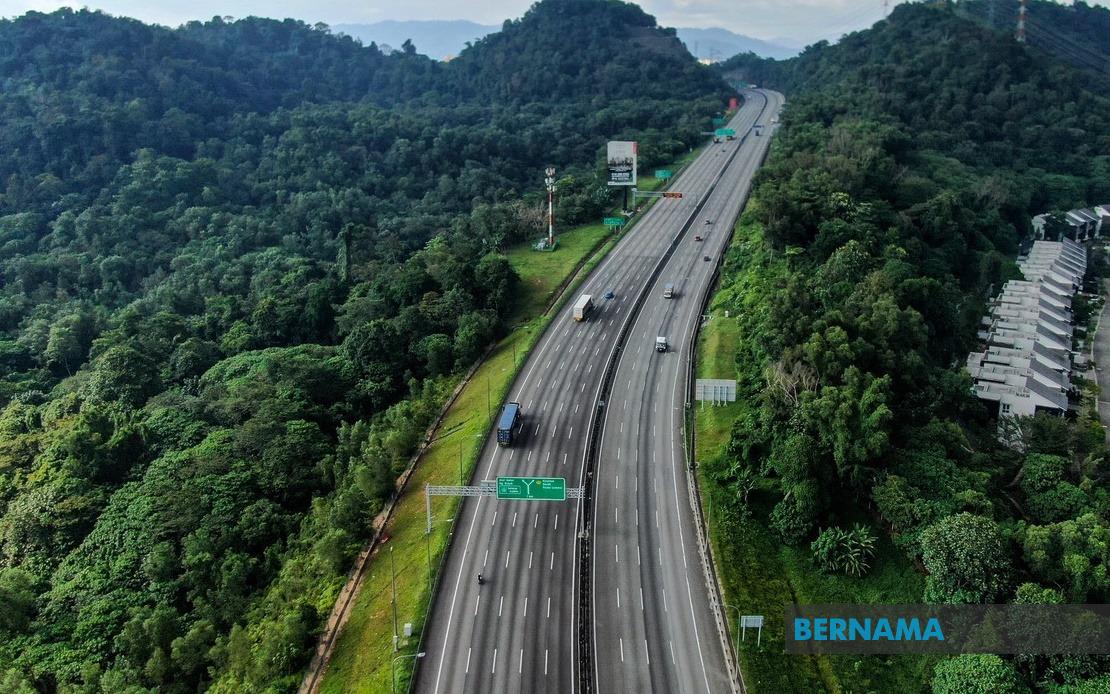
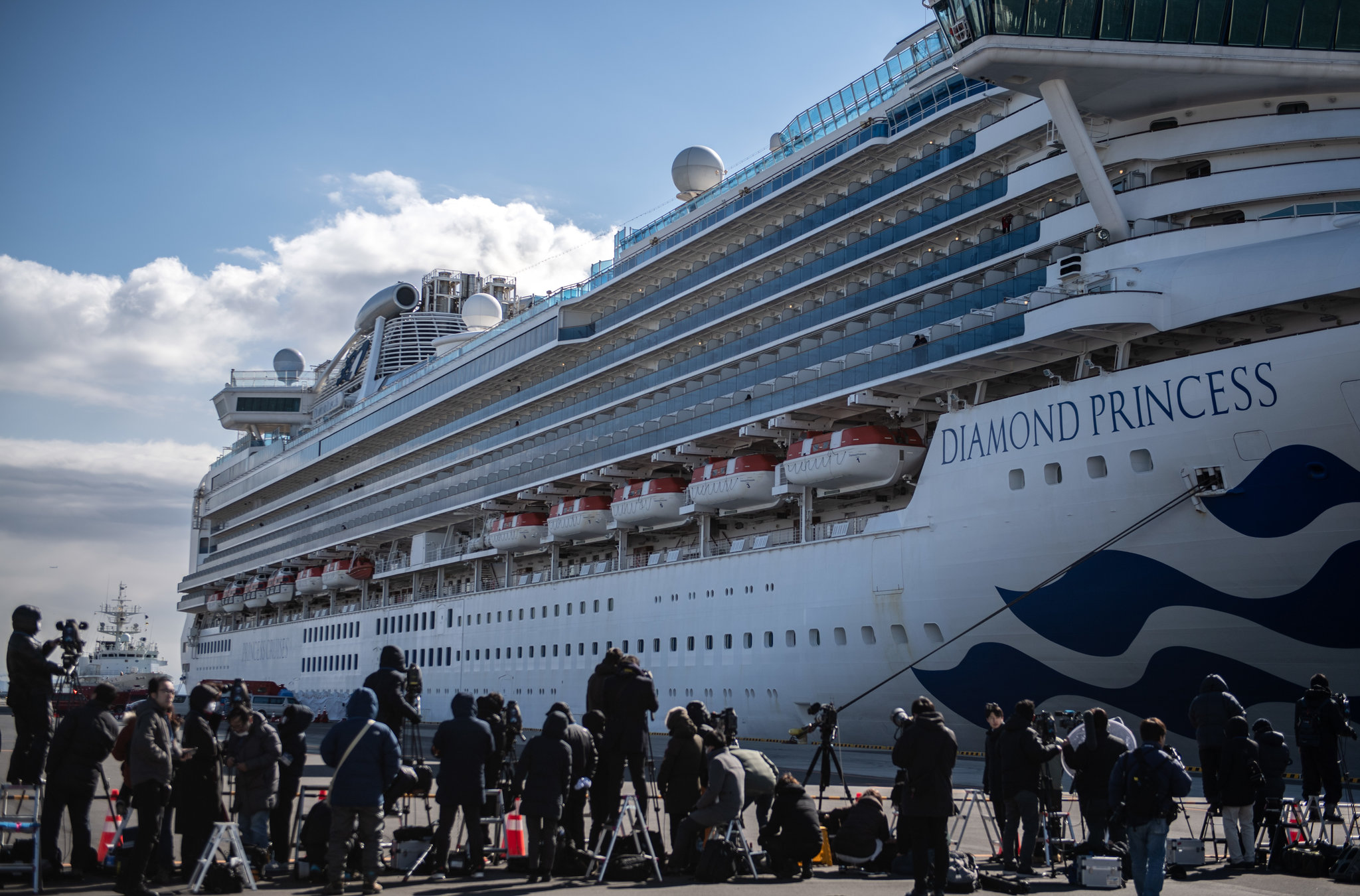
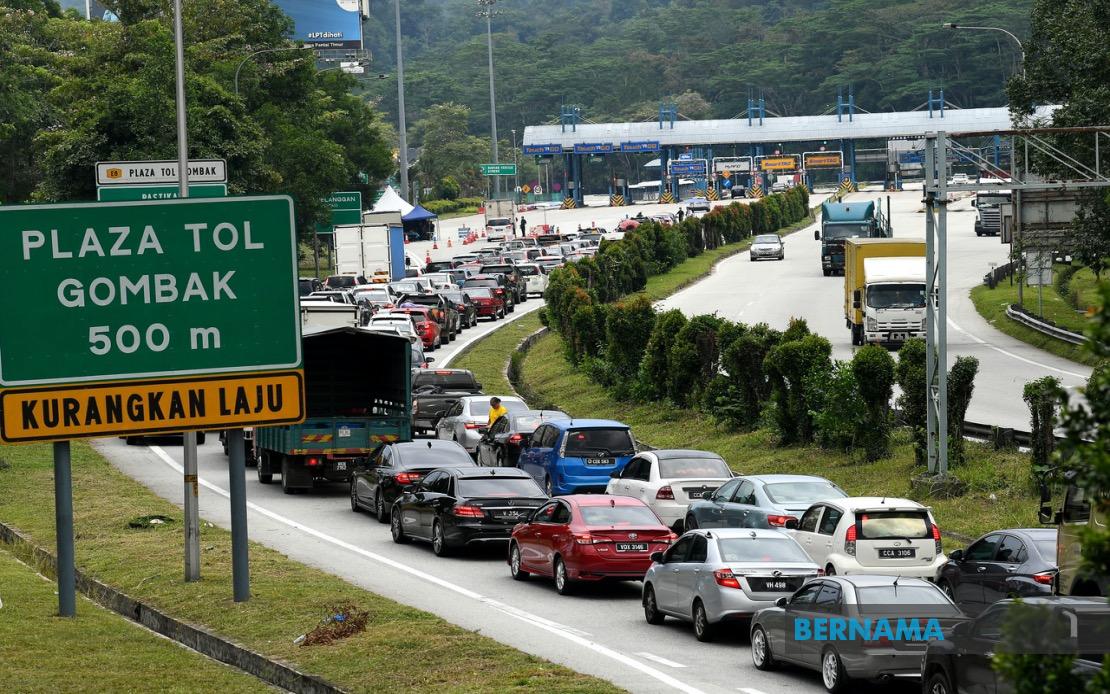
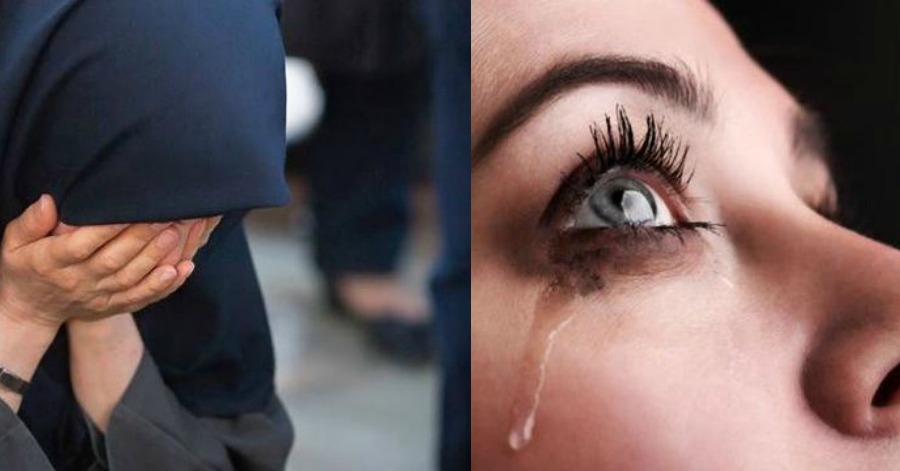
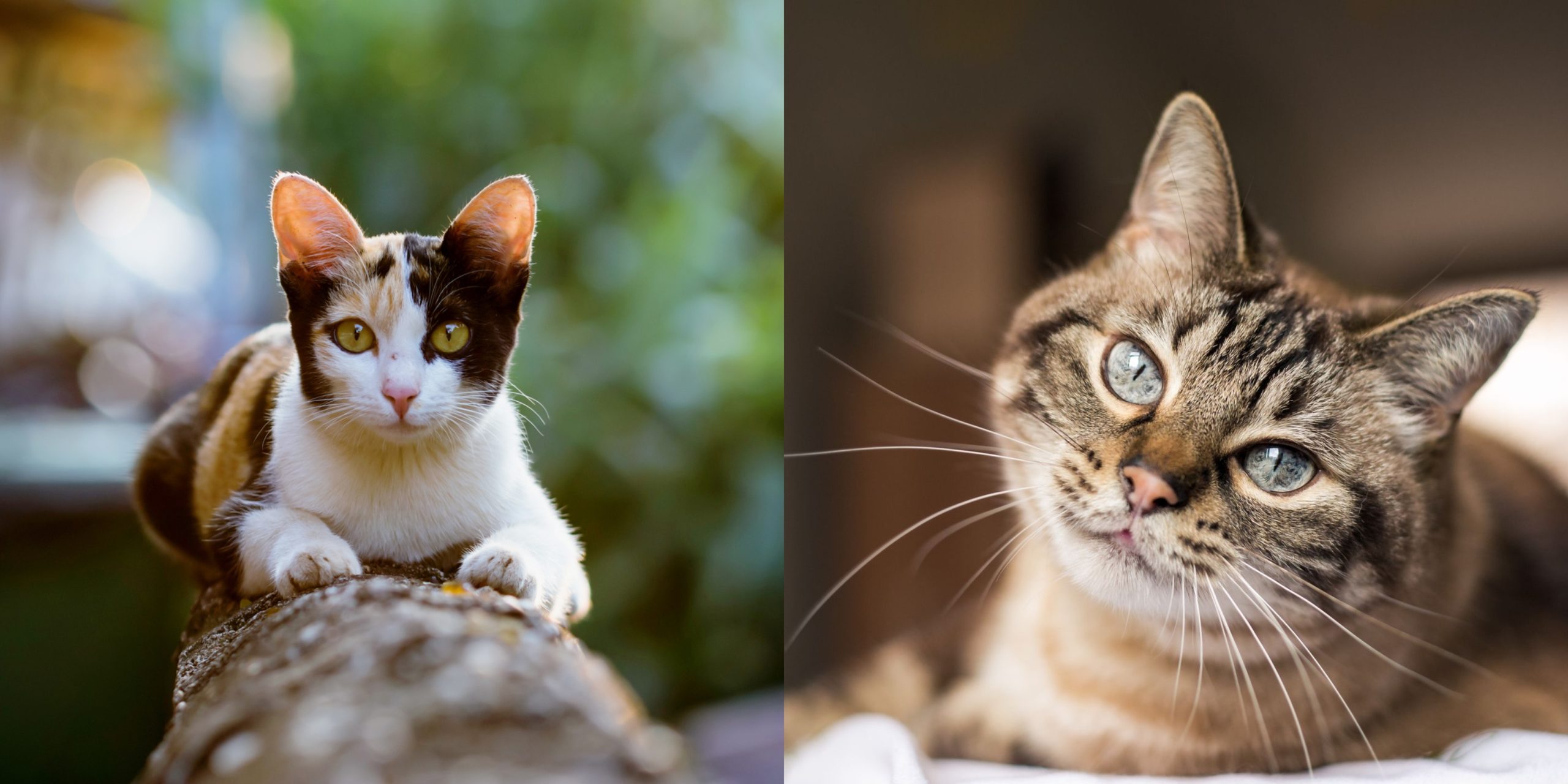
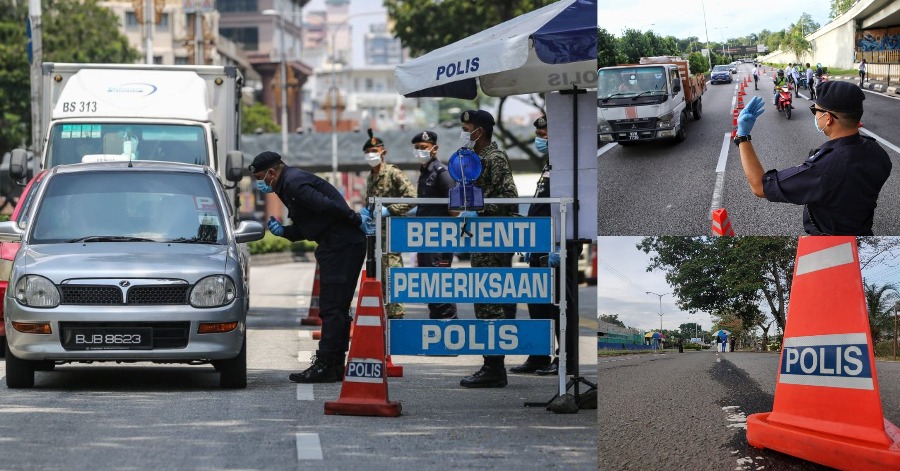


Leave a Comment